As a key stakeholder in the Civil Construction industry, I would like to share with you the results of a nationwide survey recently undertaken by the Civil Contractors Federation (CCF) in assessing the impact COVID-19 (C-19) has had on its membership base / civil construction companies, in the various sectors they operate. The overriding objective of the survey was to obtain feedback and data on the following:
- Business impact of C-19,
- Capacity for companies to tender for more civil construction projects in the short term, and
- Likelihood of companies employing more workers should they be successful in a tender.
Click here to see a copy of the survey report released last Friday, 24 April 2020, which I trust is self-explanatory.
The results of the C-19 CCF Member Survey provides strong evidence that the sector has the capacity to take on more civil infrastructure projects and employ thousands more workers to stimulate the Australian economy. The survey results demonstrate civil construction companies, particularly those operating at the tier 2, tier 3, and below have significant capacity to assist the 3 tiers of Government and it’s Agencies to support the economy and to keep people employed during these unprecedented times.
With 228 respondents (13.4% of the membership base) and 32% of these respondents being from Victoria, the survey sends a powerful message that the civil infrastructure sector is ready to lead the economic recovery if Government and Private Enterprise can inject more money into the sector for new “shovel ready” projects. Key messages and out-takes from the survey:
- 92% of respondents advised they would have the capacity to tender for new projects up to $50 million, if governments allocated funds for civil construction works covering: road, rail, bridges, ports, utilities, power, water, telecommunications, and other local civil projects.
- 64% of companies indicated said they would need to employ additional workers if they were successful in tendering for additional projects, and a further 29% indicated they would consider employing more workers.
- Respondents indicated that business impact is largely due to four main interruptions (supply chain, travel restrictions, lack of work opportunities and client direction).
- In addition, 28 percent of respondents are experiencing payment delays and 58% are experiencing project delays.
It is important, however, that these projects are spread across as many tier 2, tier 3 and below companies across Australia to ensure widespread benefits can flow from any stimulus investment, particularly in rural and regional communities where infrastructure investment can deliver a significant multiplier effect to those local economies in the form of employment, training and community spending.
We will continue to use the results of this survey in our advocacy and representation to Government and I trust if you, or any member of your team, has any questions emanating from the survey, you will not hesitate to contact me directly, or CCF National CEO, Chris Melham.
Kind regards,

Latest News
-
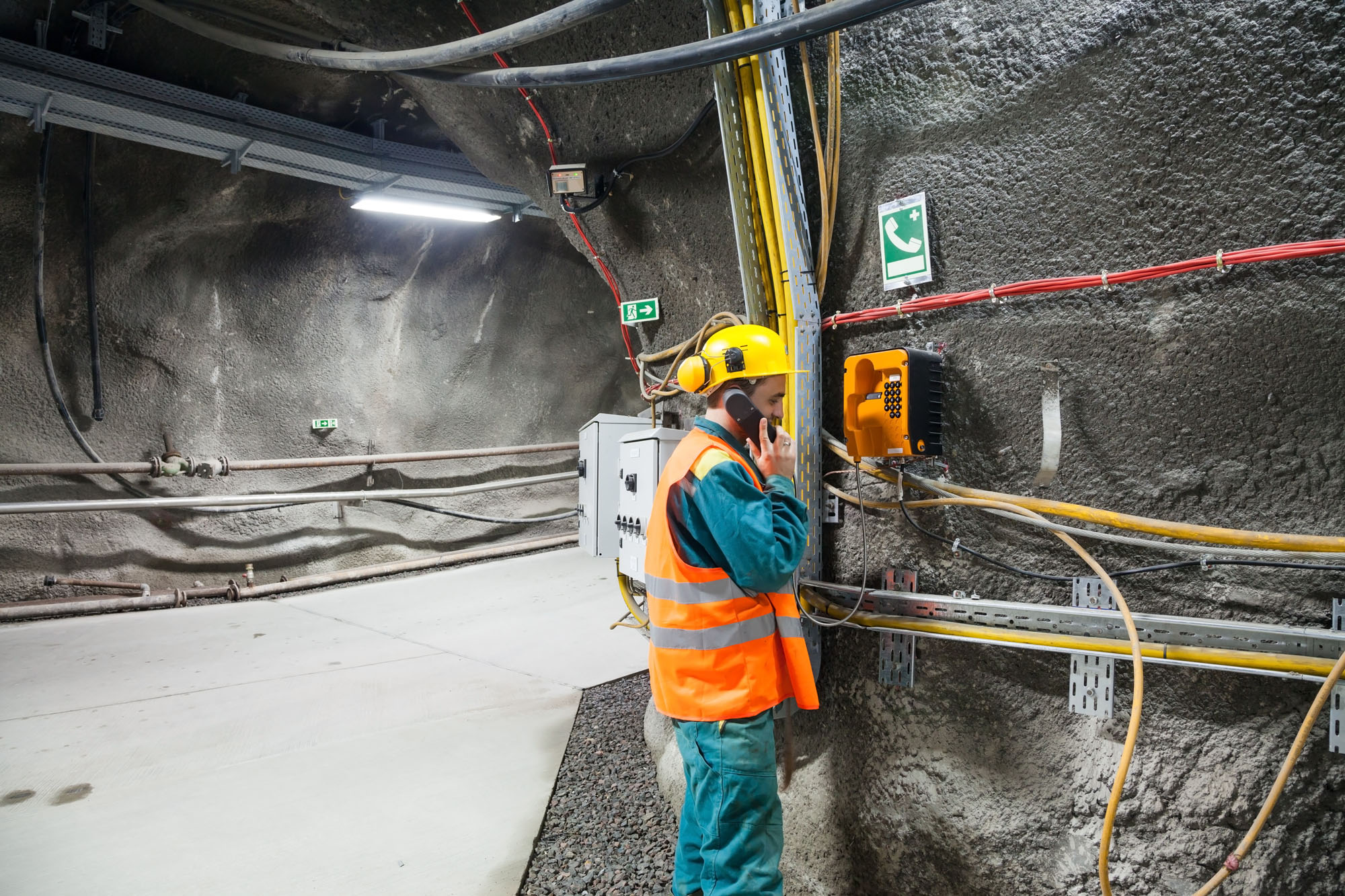 Learn moreNews | 27 March
Learn moreNews | 27 MarchVEDN Auditor Training
VEDN has asked that our members are reminded that anyone seeking accreditation as civil construction auditor must have also completed...
-
 Learn moreNews | 27 February
Learn moreNews | 27 FebruaryNew Traffic Management Course Enrolments – Opening Soon!
The Department of Transport and Planning (DTP) is delivering the Traffic Management Reform (TMR) program to transform the traffic management...
-
 Learn moreNews | 26 February
Learn moreNews | 26 FebruaryNominate now for the 2024 People & Training Awards!
The annual CCF Victoria People & Training awards acknowledge outstanding achievements by nominated employees and teams in training and other select...
-
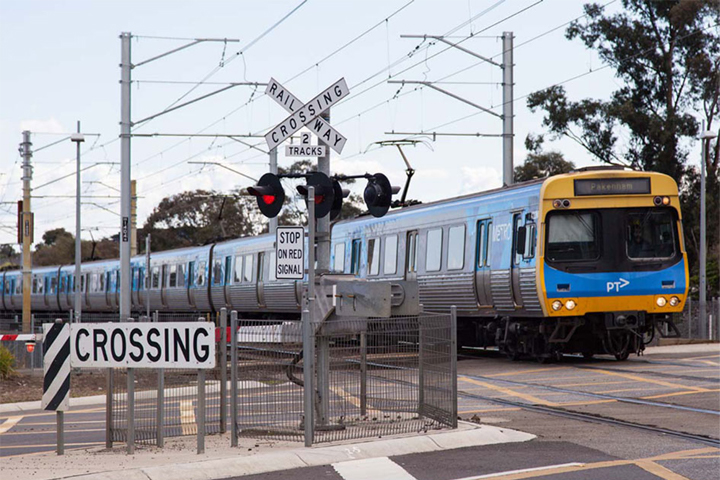 Learn moreNews | 12 January
Learn moreNews | 12 JanuaryVictoria on track for life-saving level crossing upgrades
Railway crossings in Victoria are on track to receive significant upgrades thanks to the Australian Government’s Regional Level Crossing Upgrade...
-
 Learn moreNews | 12 January
Learn moreNews | 12 JanuarySummer Works Heat Up On West Gate Tunnel Project
The Allan Labor Government’s West Gate Tunnel Project will soon be one step closer to improving travel times between the...
-
 Learn moreNews | 10 January
Learn moreNews | 10 JanuaryFederal Government Blocking an Offshore Wind Farm
The Federal Government has blocked part of a development proposal for Australia’s first offshore wind farm over environmental concerns. The...
-
 Learn moreNews | 12 December
Learn moreNews | 12 DecemberInfrastructure Australia report validates CCF Capacity Constraints White Paper findings
Infrastructure Australia’s updated Market Capacity 2023 Report reinforces the opportunity for governments of all levels to work more collaboratively with...
-
 Learn moreNews | 04 December
Learn moreNews | 04 DecemberWurundjeri Way Reopens As City Bypass Takes Shape
The Wurundjeri Way and Dudley Street intersection reopened last night after an around the clock construction blitz on the new Wurundjeri...
-
 Learn moreNews | 16 November
Learn moreNews | 16 NovemberVictorian civil contractors dealt a huge blow with 12 major rail and roads projects axed by federal government
The Federal Government’s scrapping of 12 major infrastructure projects across Victoria is a significant blow to the industry and will...
-
 Learn moreNews | 25 October
Learn moreNews | 25 OctoberFirst look at designs for Eastern Freeway Overhaul
Before major works to upgrade the Eastern Freeway kick off next year, slashing travel time for thousands of commuters, the...
-
 Learn moreNews | 10 October
Learn moreNews | 10 OctoberVictorian Implementation of the ASHTAS Scheme
The Austroads Safety Hardware Training and Accreditation Scheme (ASHTAS) delivers a high standard and nationally consistent set of training outcomes...
-
 Learn moreNews | 28 September
Learn moreNews | 28 SeptemberCCF Victoria welcomes Jacinta Allan as state’s new Premier
CCF Victoria congratulates the Hon. Jacinta Allan MP on becoming the state’s 49th Premier. Premier Allan has been instrumental in...
-
 Learn moreNews | 26 September
Learn moreNews | 26 SeptemberCareer changers take first step on new Pathway
CCF Victoria has welcomed the first group of apprentices embarking on exciting new careers in civil construction, following the official...
-
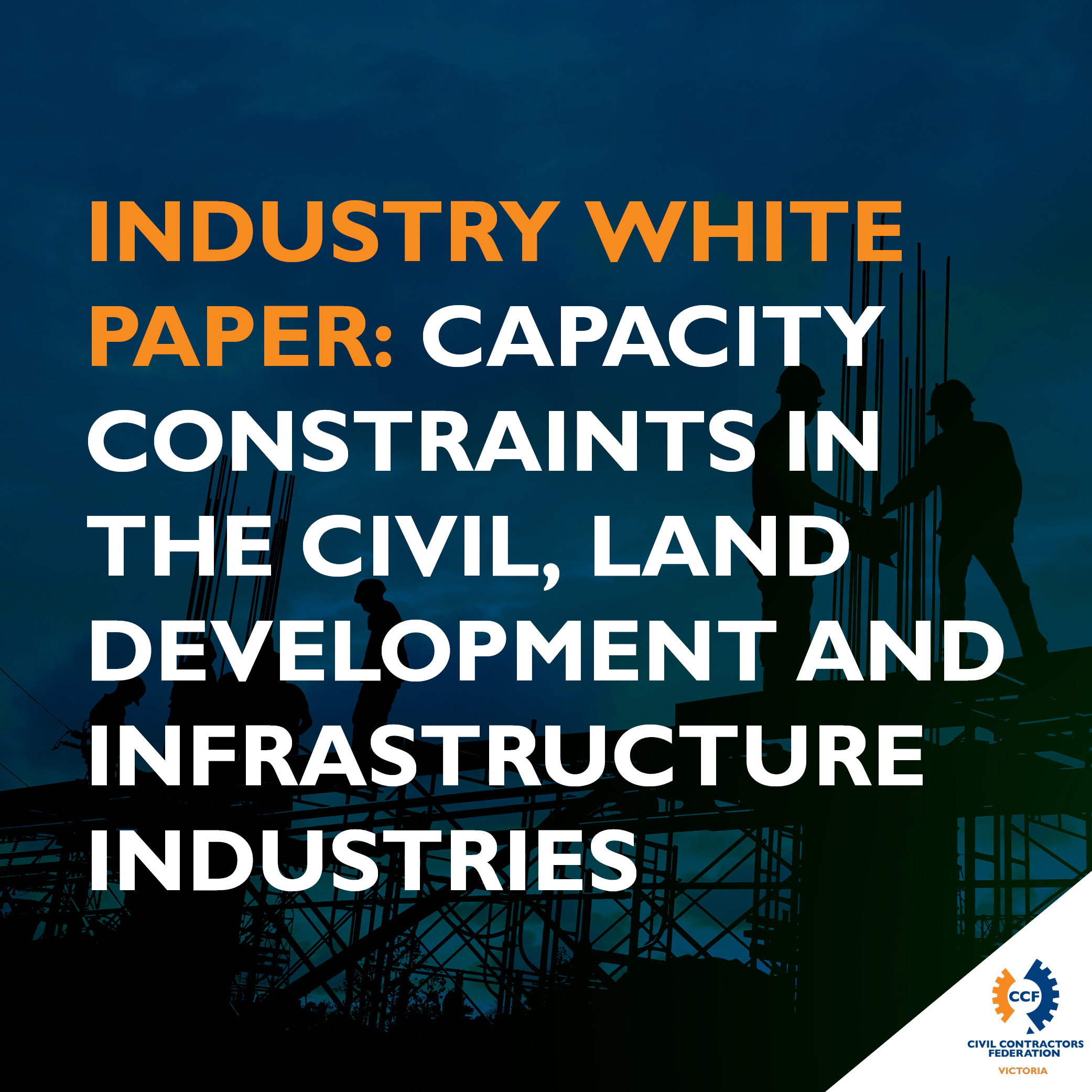 Learn moreNews | 11 September
Learn moreNews | 11 SeptemberInfrastructure peak bodies urge greater Government collaboration to deliver for Victoria
Industry and government have the capability, shared responsibility and fresh opportunity to ensure that development in Victoria is delivered in...
-
 Learn moreNews | 04 August
Learn moreNews | 04 AugustCivilHQ Launches!
CivilHQ Is Out Now! We are very proud and excited to launch your new online community platform – CivilHQ. CivilHQ...
-
 Learn moreNews | 03 August
Learn moreNews | 03 August2023 Annual General Meeting
2023-2024 Board Elections The Annual CCF Victoria AGM is coming up in September, and we have recently opened Board Nominations...
-
 Learn moreNews | 29 June
Learn moreNews | 29 JuneSouth East Water’s new customer contribution fees
Our charges are changingEvery 5 years, we review our prices and services. We call this a price submission and its...
-
 Learn moreNews | 29 June
Learn moreNews | 29 JuneLendlease to take on $1.7b Queen Victoria Market Redevelopment
Lendlease has successfully obtained the $1.7 billion contract for the redevelopment of Queen Victoria Market in Melbourne. The project, undertaken...
-
 Learn moreNews | 27 May
Learn moreNews | 27 MayVictorian State Budget – A bitter blow to Business
The Victorian State Budget has delivered stinging costs on Victorian businesses which will impact thousands in the State, the national...
-
 Learn moreNews | 10 May
Learn moreNews | 10 MayCCF 2023-24 Federal Budget Overview
On Tuesday 9 May 2023, Treasurer Jim Chalmers handed down the 2023-24 Australian Federal Budget. The budget is a comprehensive financial plan...
-
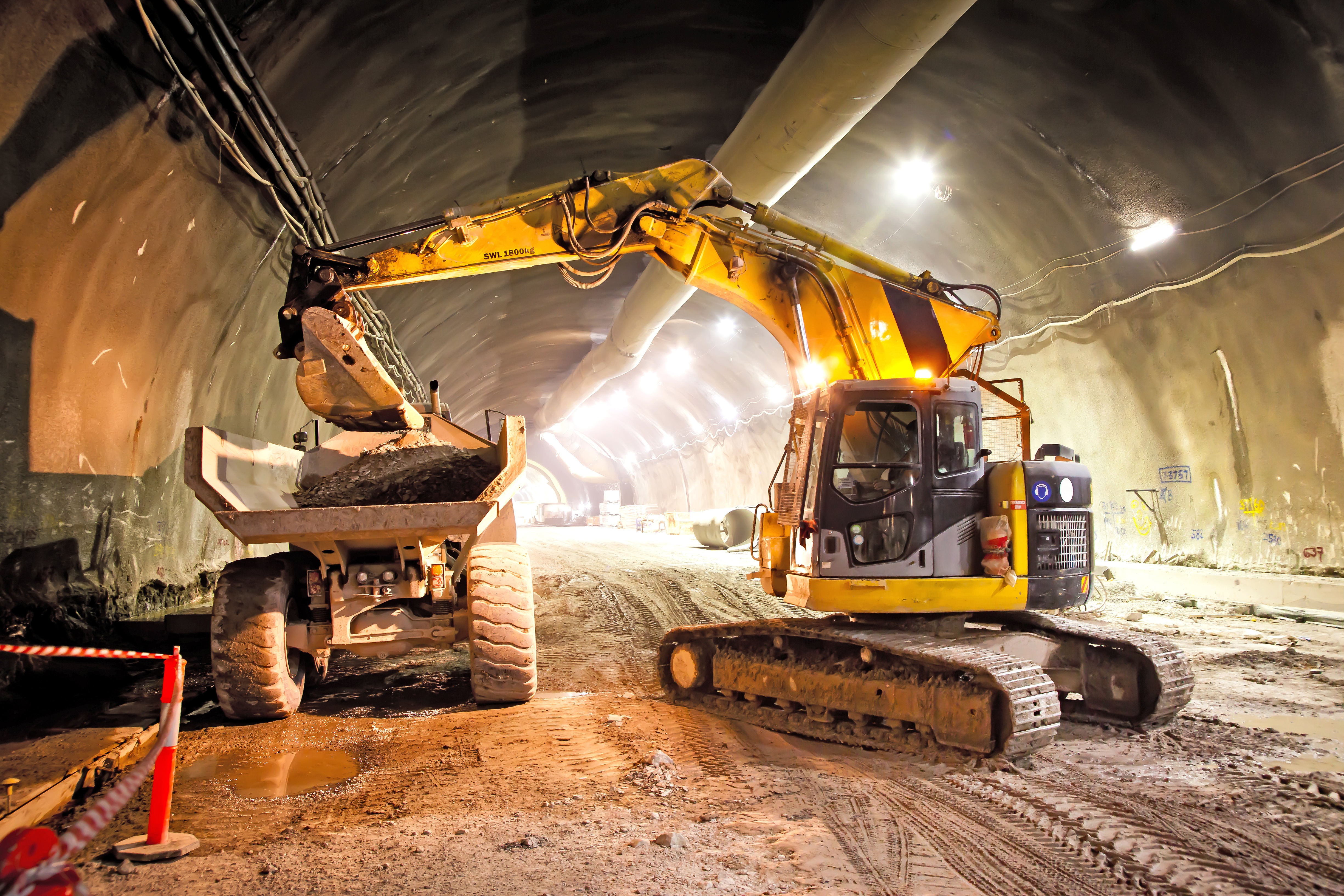 Learn moreNews | 07 May
Learn moreNews | 07 MayMajor Breakthrough on West Gate Tunnel Project
A major milestone has been reached on the Andrews Labor Government’s West Gate Tunnel project,with tunnel boring now complete on...
-
 Learn moreNews | 03 May
Learn moreNews | 03 MayALGA Welcomes $250 million Albanese Government Investment
The Australian Local Government Association (ALGA) has welcomed the Albanese Government’s delivery of an additional $250 million through the Local...
-
 Learn moreNews | 02 May
Learn moreNews | 02 MayCCF National Responds to Infrastructure Review
Civil Contractors Federation National (CCF) looks forward to contributing to the review of Australia’s $120 billion Federal Government Infrastructure Investment...
-
 Learn moreNews | 24 April
Learn moreNews | 24 AprilMEDIA RELEASE – Regional Employment Opportunities for Victoria 2026
April 24, 2023 The Andrews Labor Government has opened a Registration of Interest process inviting Employment Suppliers and Group Training...
-
 Learn moreNews | 21 April
Learn moreNews | 21 AprilUpgrading a busy Intersection in Footscray
The Andrews Labor Government is upgrading one of Footscray’s busiest intersections to improve safety and make it easier for road...
-
 Learn moreNews | 21 April
Learn moreNews | 21 AprilBoosting Safety on Local Council Roads
The Andrews Labor Government is helping local governments across Victoria deliver road safety improvements to council-managed roads, intersections and precincts....
-
 Learn moreNews | 20 April
Learn moreNews | 20 AprilQueenscliff Ferry Terminal Opens
The multi-million Queenscliff Ferry Terminal has officially opened, offering passengers a world class gateway to Geelong, the Bellarine and the...
-
 Learn moreNews | 11 April
Learn moreNews | 11 April125 Council Bridges and Culverts to recieve Funded Heavy Vehicle Assessments
One hundred and twenty-five bridges and culverts in 33 different councils will receivefunded engineering assessments as part of the National...
-
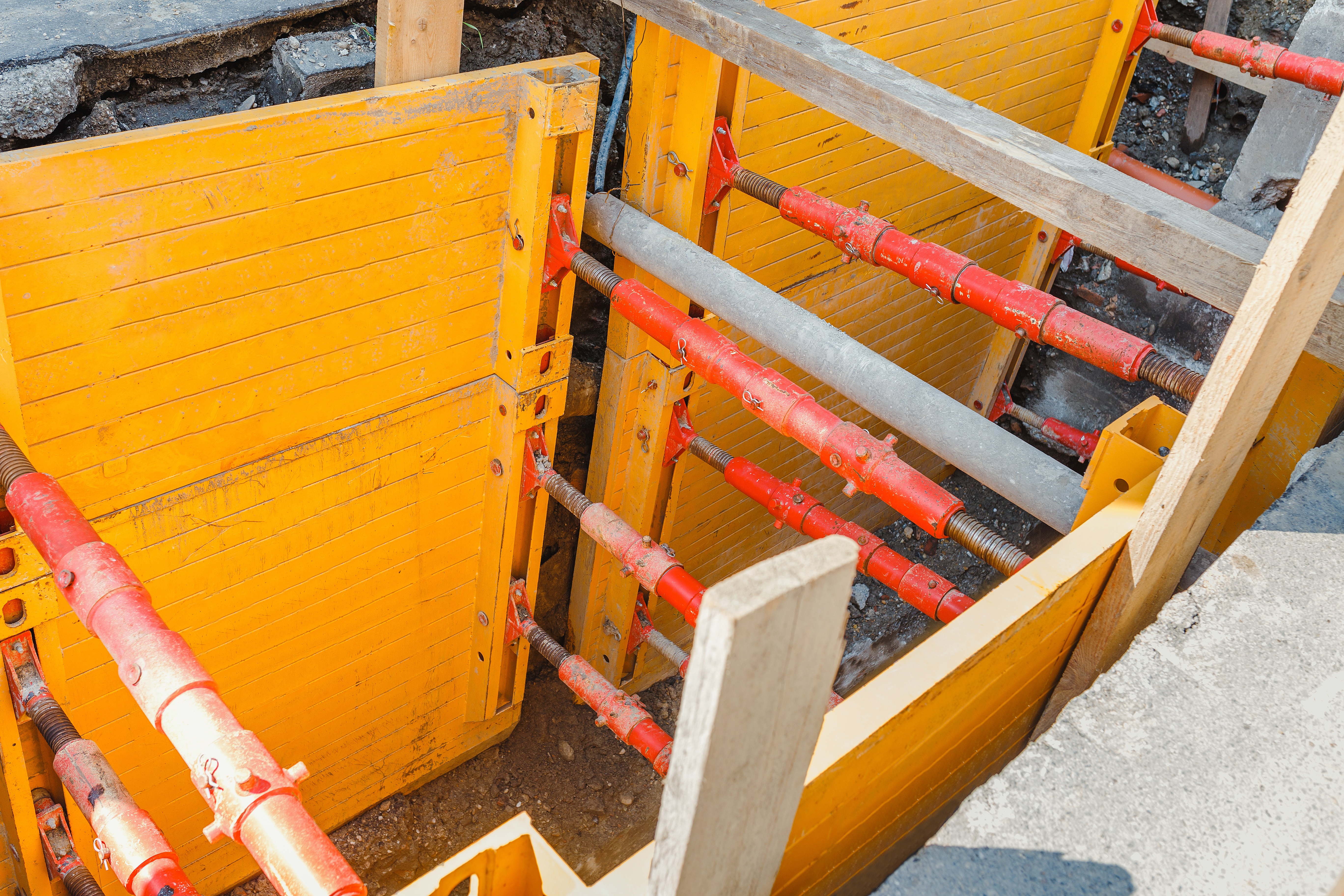 Learn moreNews | 04 April
Learn moreNews | 04 AprilWorkSafe Construction Guidance
WorkSafe has published two important Guidance Documents that are directly relevant to the Civil Construction Industry. Undertaking work near underground...
-
 Learn moreNews | 28 March
Learn moreNews | 28 MarchMEDIA RELEASE – Pathways Program
March 28, 2023 Civil Contractors Federation Victoria launches new Careers Pathway program targeting women and First Nations people for careers...
-
 Learn moreNews | 27 March
Learn moreNews | 27 MarchCCF Victoria – People & Training Awards 2023
The 2023 CCF Victoria – People & Training Awards are just around the corner. These awards acknowledge outstanding achievements in...
-
 Learn moreNews | 24 March
Learn moreNews | 24 MarchPathways Program
The Pathways program is a newly developed initiative by CCF Victoria, funded by the Victorian State Government through a recently...
-
 Learn moreNews | 23 March
Learn moreNews | 23 MarchRespirable Crystalline Silica
Crystalline Silica is in the headlines as an emerging issue. Silicosis, caused by inhalation of Respirable Crystalline Silica (RCS) is...
-
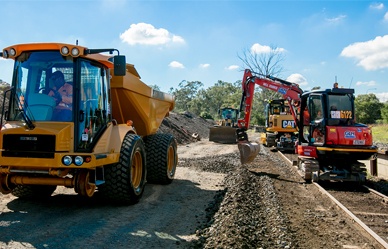 Learn moreNews | 16 March
Learn moreNews | 16 MarchProgress Continues on Pakenham Level Crossing Removals
The progress on the removal of three hazardous and congested level crossings in Pakenham, along with the expansion of the...
-
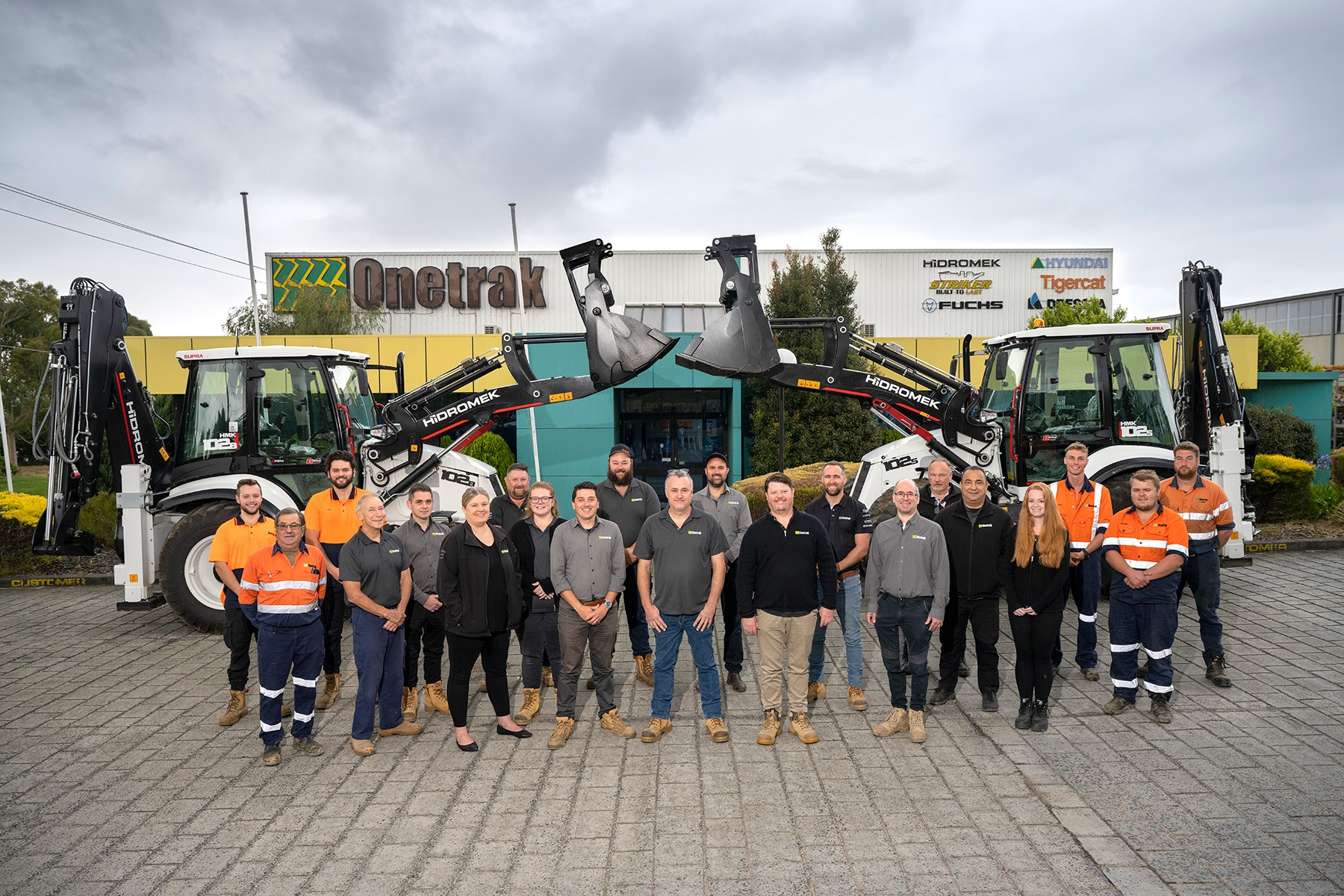 Learn moreNews | 14 March
Learn moreNews | 14 MarchOnetrak celebrates 15 years in Victoria
Onetrak is the Australian dealer for major brands Tigercat, Hidromek, Striker, Anaconda, Fuchs and Dressta. The company has locations in...
-
 Learn moreNews | 10 March
Learn moreNews | 10 MarchCommonwealth Games Village Another Step Closer!
The Andrews Labor Government of Victoria has taken a significant step towards delivering the Commonwealth Games villages across regional Victoria...
-
 Learn moreNews | 01 March
Learn moreNews | 01 March2023 CCF Victoria Earth Awards – Nominations Now Open!
Entries to this year’s Earth Awards are now open. Don’t miss the opportunity to enter your project! Once again, the...
-
 Learn moreNews | 24 February
Learn moreNews | 24 FebruarySaving workers from Silicosis
CCF VICTORIA SAFETY ALERT CCF supports banning the use of engineered stone and implementation of appropriate safety of other silicosis...
-
 Learn moreNews | 07 February
Learn moreNews | 07 FebruaryKey Freight Highways Receive the New Year touch
The Andrews Labor Government’s summertime works blitz will involve significant road rebuilding projects on two major freight routes in Victoria’s...
-
 Learn moreNews | 01 February
Learn moreNews | 01 FebruaryRepair Blitz Hitting New Heights On The Great Alpine Road
One of Victoria’s key tourism routes is undergoing major works thanks to the Andrews Labor Government’s emergency road repair blitz....
-
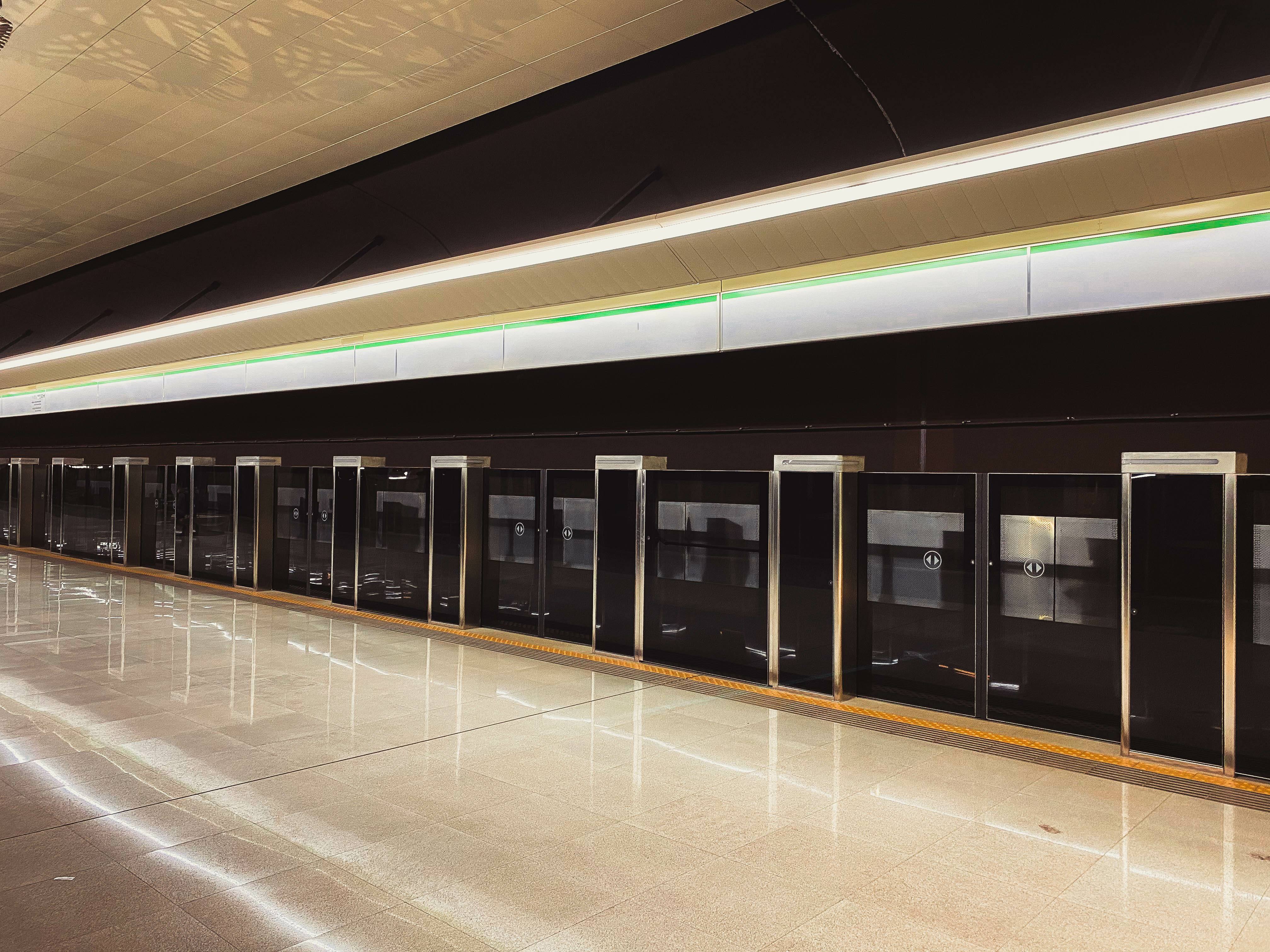 Learn moreNews | 30 January
Learn moreNews | 30 JanuaryFull Steam Ahead on Metro Tunnel Testing
The Andrews Labor Government’s Metro Tunnel Project is powering ahead towards its all-important train testing milestone, with brand-new platform screen...
-
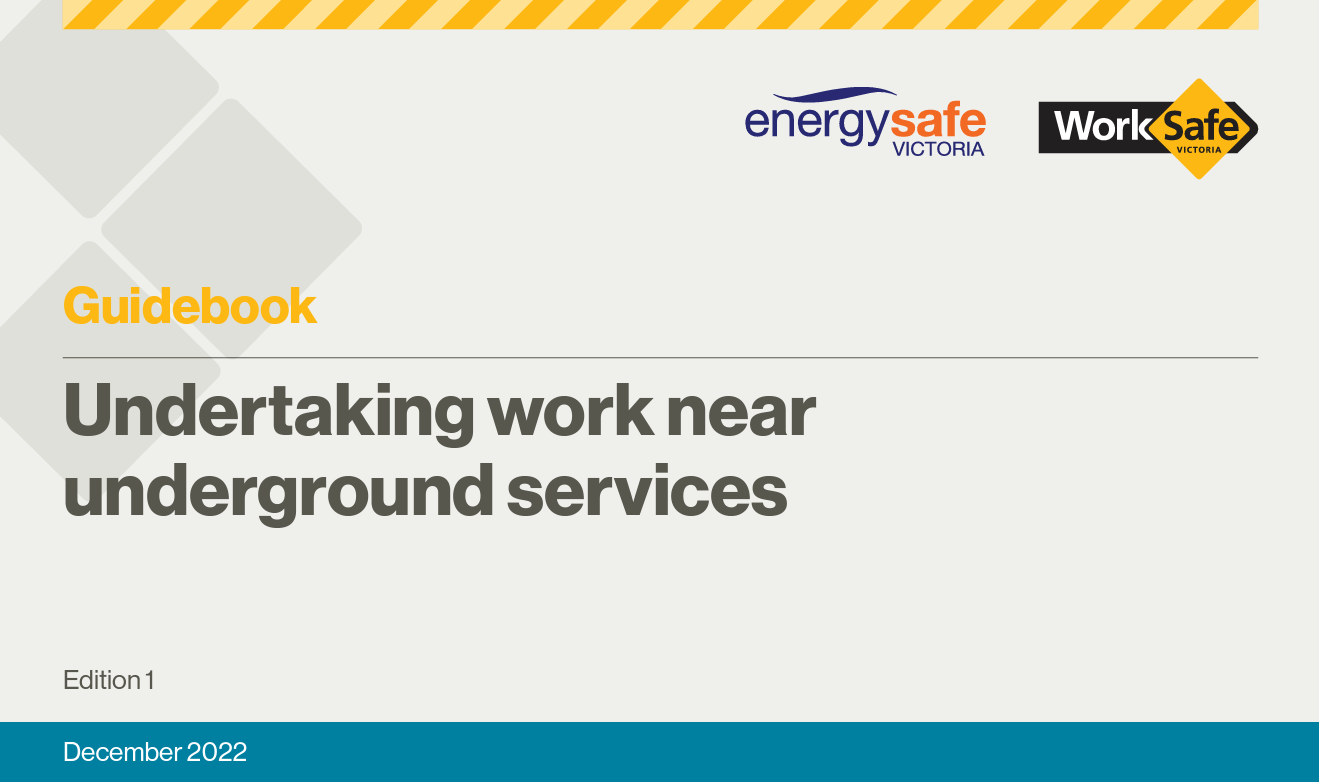 Learn moreNews | 30 January
Learn moreNews | 30 JanuaryGuide to undertaking work near underground services
Manage hazards and risks of working near underground services There is a new guidebook which has been produced by WorkSafe...
-
 Learn moreNews | 23 January
Learn moreNews | 23 JanuaryContinuing On The Road To Recovery
More of Victoria’s flood-ravaged roads are set to undergo large-scale repairs thanks to the Andrews Labor Government’s $165 million emergency...
-
 Learn moreNews | 18 December
Learn moreNews | 18 DecemberInfrastructure Australia Board appointments – Media Release
18 December 2022 The Hon Catherine King MP – Minister for Infrastructure, Transport, RegionalDevelopment and Local Government The Albanese Government...
-
 Learn moreNews | 16 December
Learn moreNews | 16 DecemberUDIA calls for settlement strategy to address skilled labour shortages
UDIA National Media Release – Friday 16 December 2022 One year ago, UDIA National called for a robust population plan...
-
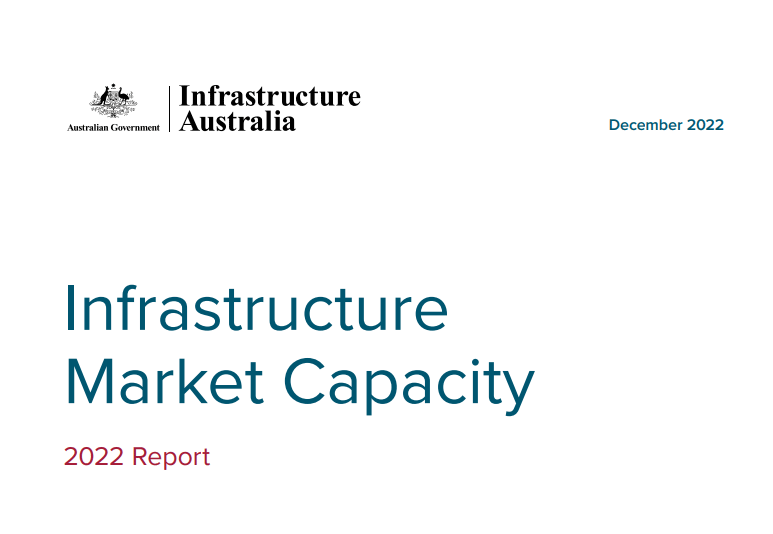 Learn moreNews | 14 December
Learn moreNews | 14 DecemberIA’s Market Capacity Report identifies priority next steps on the infrastructure reform road
CCF Media Release – Wednesday 14th December 2022 “Infrastructure Australia’s Infrastructure Market Capacity 2022 Report provides compelling evidence of the...
-
 Learn moreNews | 13 December
Learn moreNews | 13 DecemberCommonwealth Games Villages mean more jobs for civil in regional Victoria
Civil opportunities for Commonwealth Games – REGISTER NOW The Commonwealth Games are coming to Victoria and will run from 17-29...
-
 Learn moreNews | 12 December
Learn moreNews | 12 DecemberJob Opportunity – Trainer and Assessor, Civil Construction Industry
CCF Victoria have an amazing opportunity for a trainer & assessor to join our training team to support the training...
-
 Learn moreNews | 06 December
Learn moreNews | 06 DecemberBig Build Heats Up In Regional Victoria
VIC GOV Media Release – Tuesday 6th December 2022 Victoria’s Big Build will heat up over summer, with major works...
-
 Learn moreNews | 02 December
Learn moreNews | 02 DecemberSecure Jobs, Better Pay has become law and represents the biggest change to our workplace laws in over two decades
The bill has now passed and these changes will have an impact, and we want you to be ready for them. Please...
-
 Learn moreNews | 30 September
Learn moreNews | 30 SeptemberPositive Plans Positive Futures – Forum Plus NEW Mental Health Training Waitlist
On Thursday 15th of September 2022 we held a mental health forum in Geelong to conclude our Positive Plans Positive Futures...

